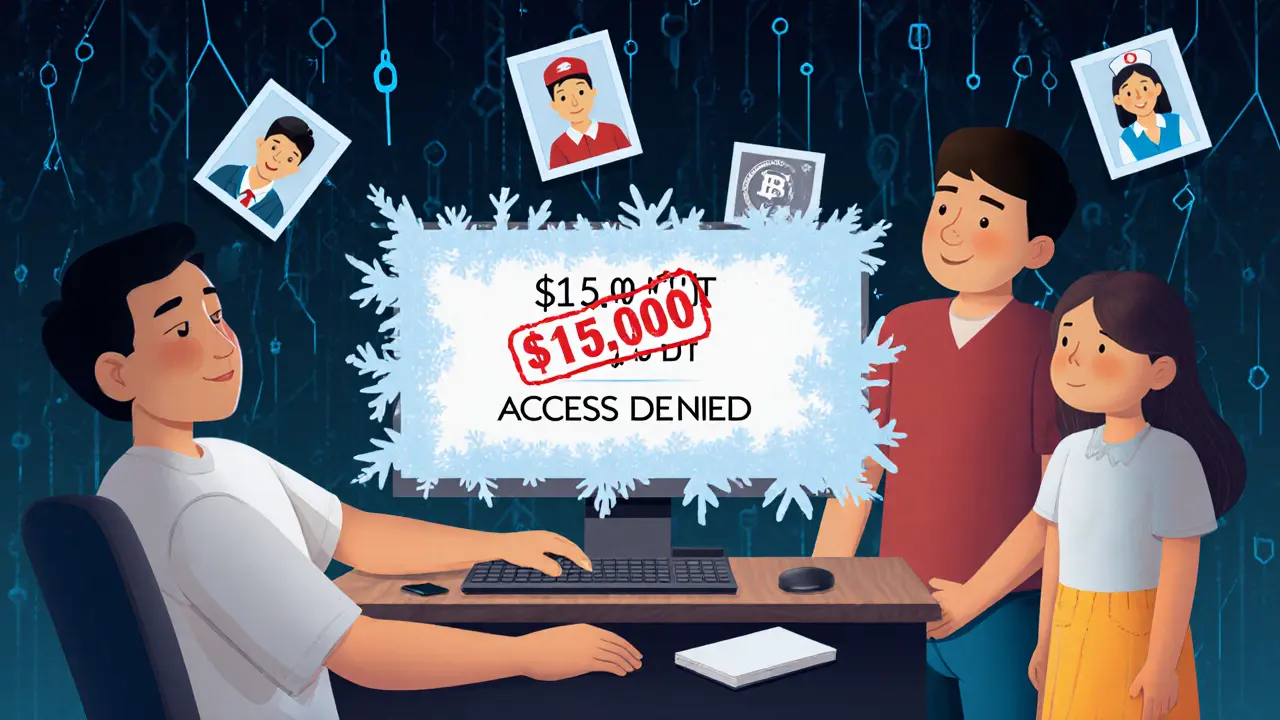Crypto Regulation Philippines: What You Can and Can't Do in 2025
When it comes to crypto regulation Philippines, the legal framework governing cryptocurrency use, trading, and taxation in the Philippines. Also known as Philippine crypto laws, it’s not about banning crypto—it’s about controlling how it enters the financial system. Unlike China or Vietnam, the Philippines hasn’t outlawed Bitcoin or Ethereum. Instead, the Securities and Exchange Commission Philippines, the government body responsible for regulating securities and virtual asset service providers in the country has taken a hands-on approach: license or else. If you run a crypto exchange, wallet, or trading platform in the Philippines, you need SEC approval. No exceptions. This isn’t bureaucracy for the sake of it—it’s meant to stop scams, protect users, and bring crypto into the formal economy.
The crypto taxation Philippines, how the government treats crypto gains as taxable income under existing revenue laws is just as clear. The Bureau of Internal Revenue (BIR) says if you sell Bitcoin for pesos, trade one coin for another, or earn rewards from staking, you owe taxes. No one’s auditing every small trade yet, but if you’re making serious money, the BIR will find you. And if you’re using crypto to send money abroad? That’s still subject to anti-money laundering rules. The crypto exchanges Philippines, licensed platforms that let Filipinos buy, sell, and hold digital assets legally like Coins.ph, PDAX, and Bitget Philippines are the only ones you should trust. Unlicensed platforms? They’re operating in the gray zone—and if they vanish tomorrow, you lose everything.
There’s no ban on holding crypto. You can own as much Bitcoin as you want. But you can’t use it to pay for groceries, rent, or services unless the merchant is licensed to accept it—and very few are. The central bank, Bangko Sentral ng Pilipinas, doesn’t recognize crypto as legal tender. That means your crypto holdings aren’t protected like bank deposits. If a wallet gets hacked or an exchange collapses, there’s no safety net. That’s why the SEC pushes for KYC, cold storage, and regular audits. It’s not about stopping innovation. It’s about making sure innovation doesn’t leave ordinary people broke.
What you’ll find in the posts below are real examples of how these rules play out: what happens when an exchange gets shut down, how tax filings work for crypto traders, why some apps are blocked, and which platforms are actually safe to use. No fluff. No hype. Just the facts that matter if you live in the Philippines and touch crypto in any way.
